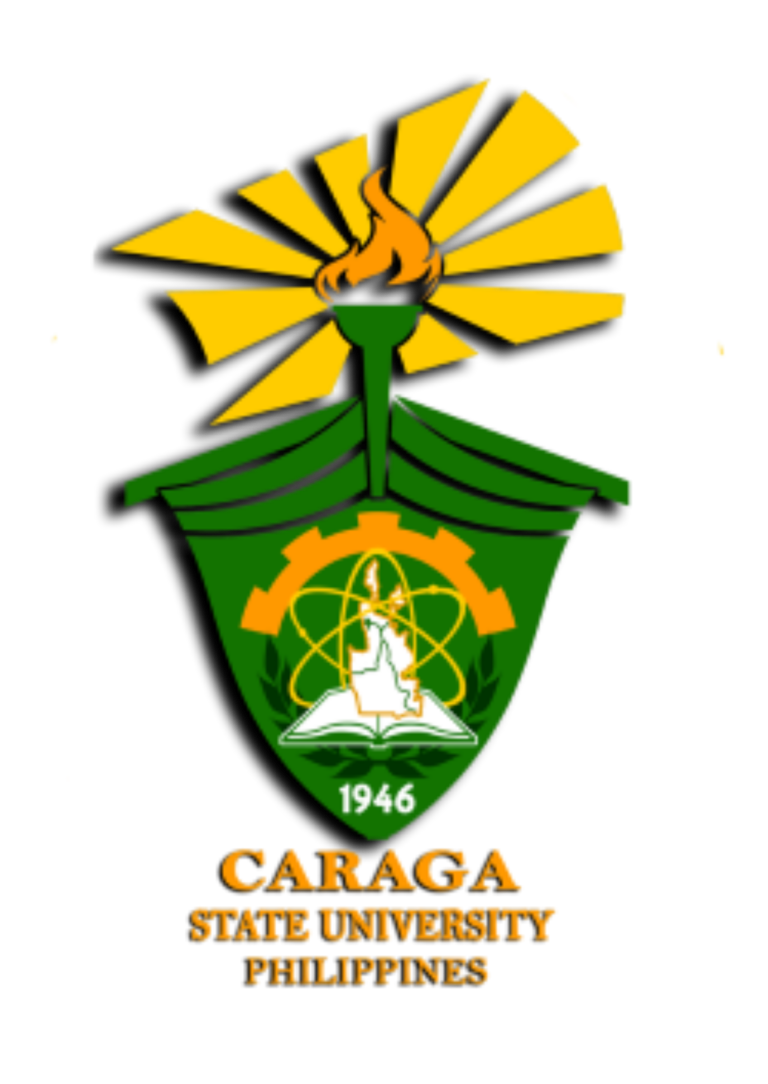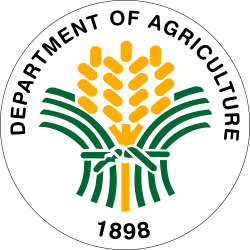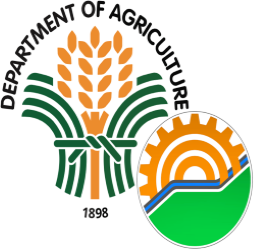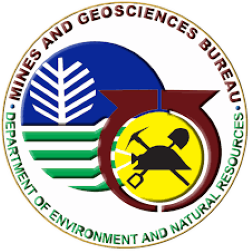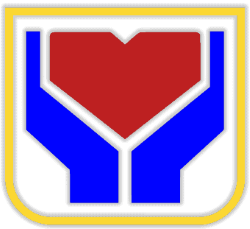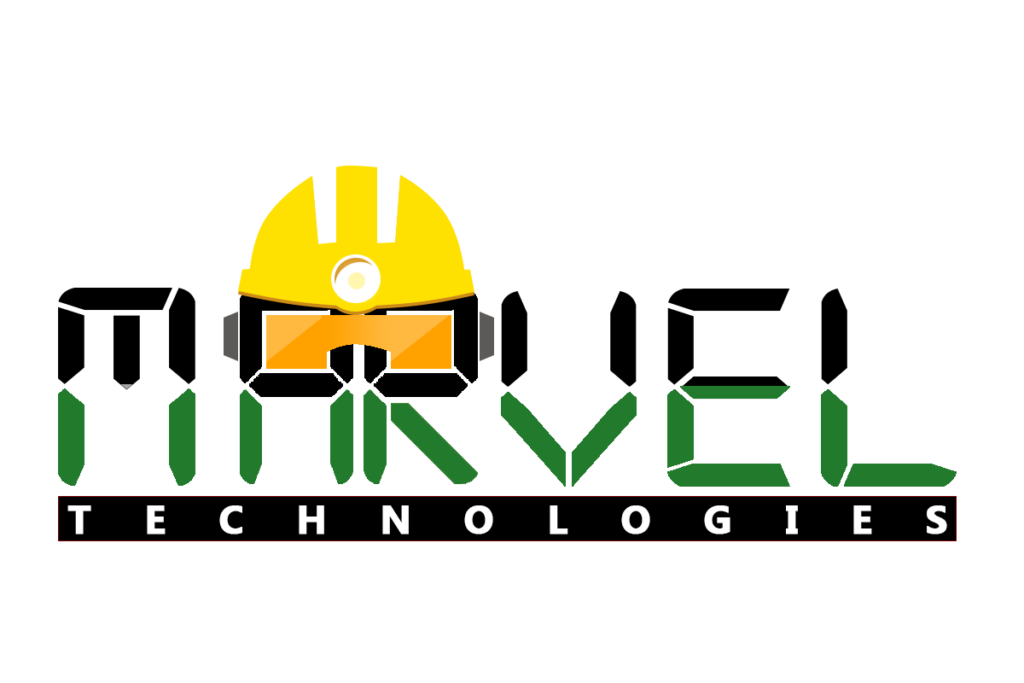About Us
ABOUT CHCI
The College of Computing and Information Sciences was established in the year 2018 with three undergraduate four-year programs. Considering its humble beginnings, CCIS was designated as the Regional Nodal Center for Information Technology by the Commission on Higher Education in the same year; also recognized as the region’s leading Information Technology Institution by the National Computer Center. With the college’s outstanding success, several research centers have been established to support the university’s research, innovation, and extension programs – one of which is the Center for Human Computer Interaction (CHCI). The Center for Human Computer Interaction (CHCI) at Caraga State University is a university-wide research center that addresses the foundation of human-computer interaction technology applied to learning environments, social and rural contexts. It is a multidisciplinary endeavor from human sciences, computational, engineering and information technologies. It fosters research and development in the area of artificial intelligence, augmented reality and other HCIs-related fields of specialization.
VISION
A leading research institute in Computing, Artificial Intelligence, Data and Information Systems.
MISSION
To give rise to quality computing research anchored to the national and regional priority areas relevant to the industry needs to improve the quality of life of the community for the development of Caraga region and beyond.
STATEMENT OF OBJECTIVES
The Center for Human-Computer Interaction aims to provide the following:
- produce quality research in computing, AI, Data and Information Systems;
- develop Information Systems that the Partner Agency/ies need/s in performing their duties in public governance; and
- produce viable products in support of the Smart Communities.
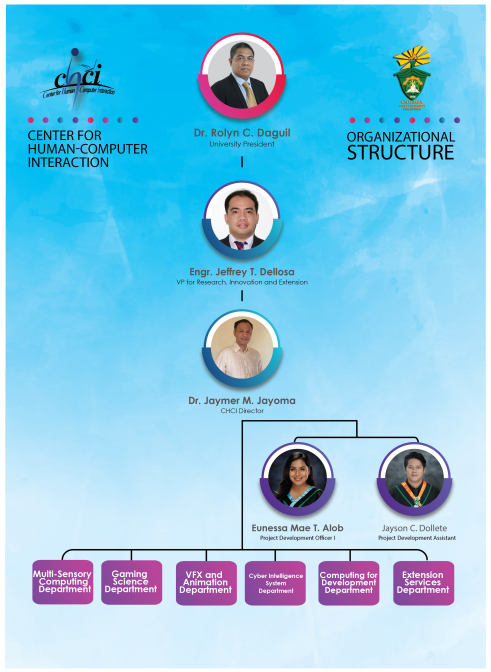
SUSTAINABILITY PLAN
Utilizing human sciences, computational, engineering and information technologies and fostering research and development on the area of artificial intelligence, augmented reality, and other HCIs-related field of specialization to deploy computing Research Development Innovation outputs for the development of Caraga region and beyond.
RESEARCH PUBLICATION
With the collaborative efforts of the members and staff, the following research papers have been published:
- Deep Imitation Learning for Safe Indoor Autonomous Micro-Aerial Vehicle Navigation;
- Faculty Facial Recognition using Deep Learning, a tool for Smart Academic Monitoring; and
- OCR based Document Archiving and Indexing using PyTesseract: A Record Management System for DSWD Caraga, Philippines
Our Faculty and Staff
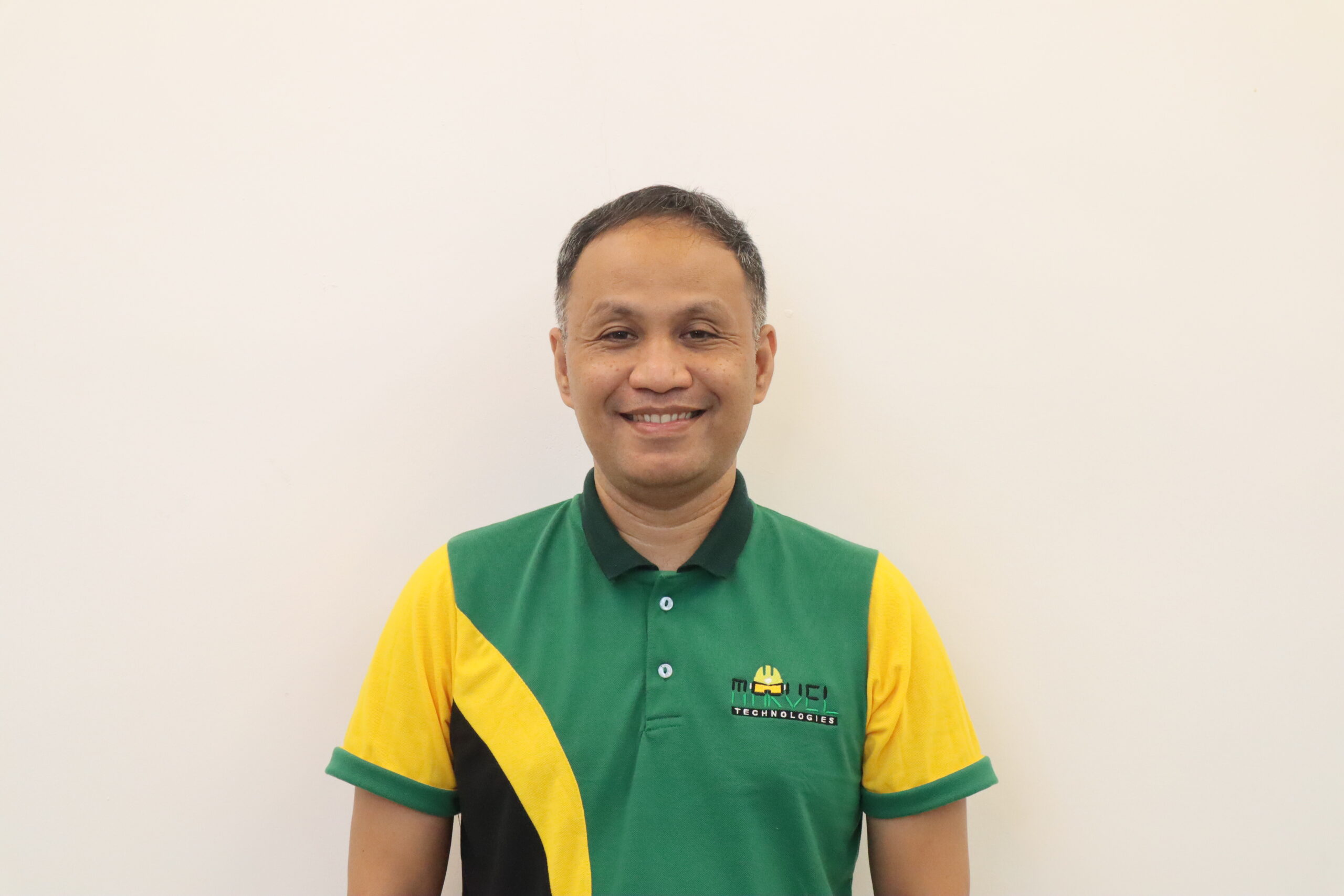
Dr. Jaymer M. Jayoma
Center Director

Edsel Matt O. Morales
Faculty Researcher
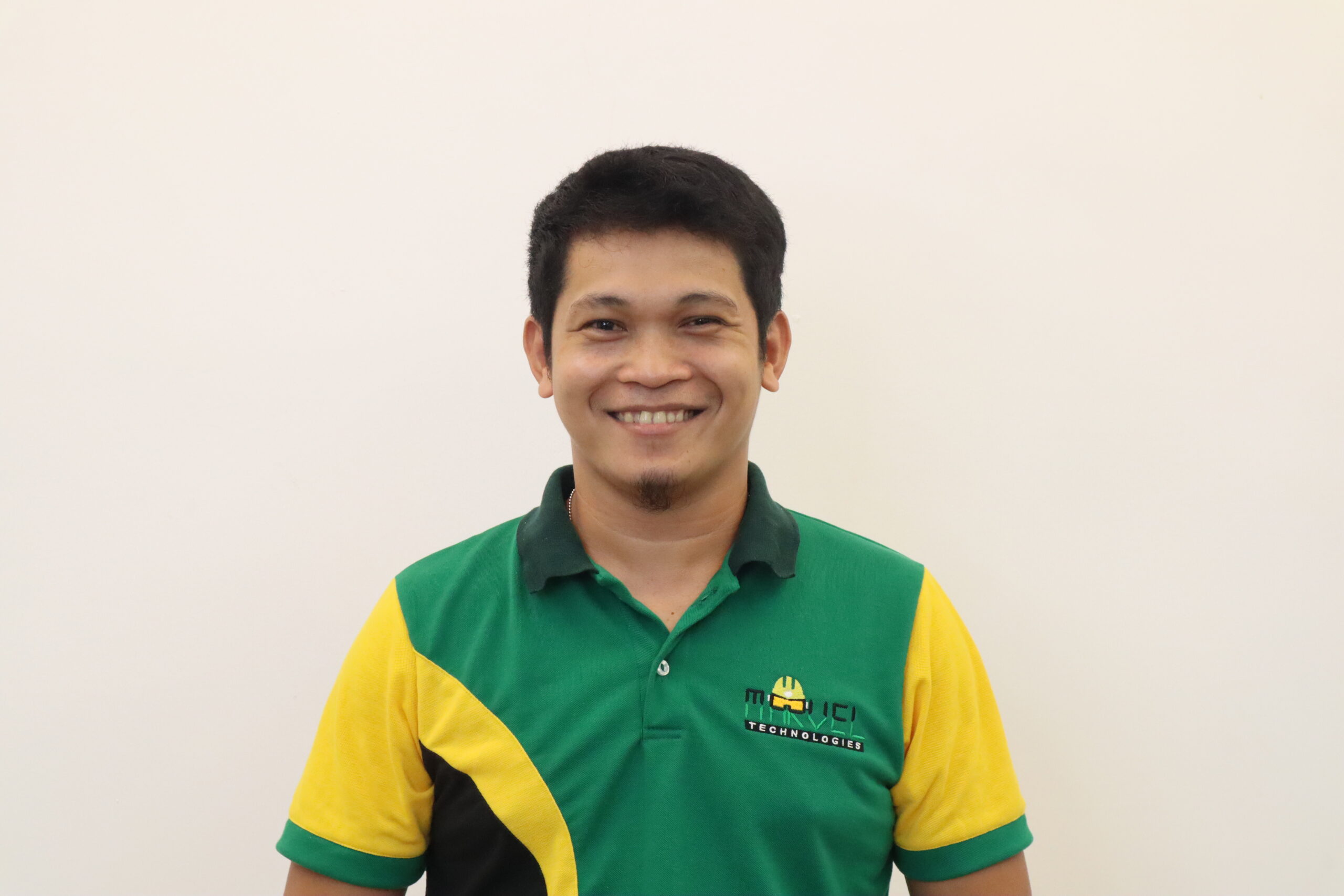
Elbert S. Moyon
Faculty Researcher
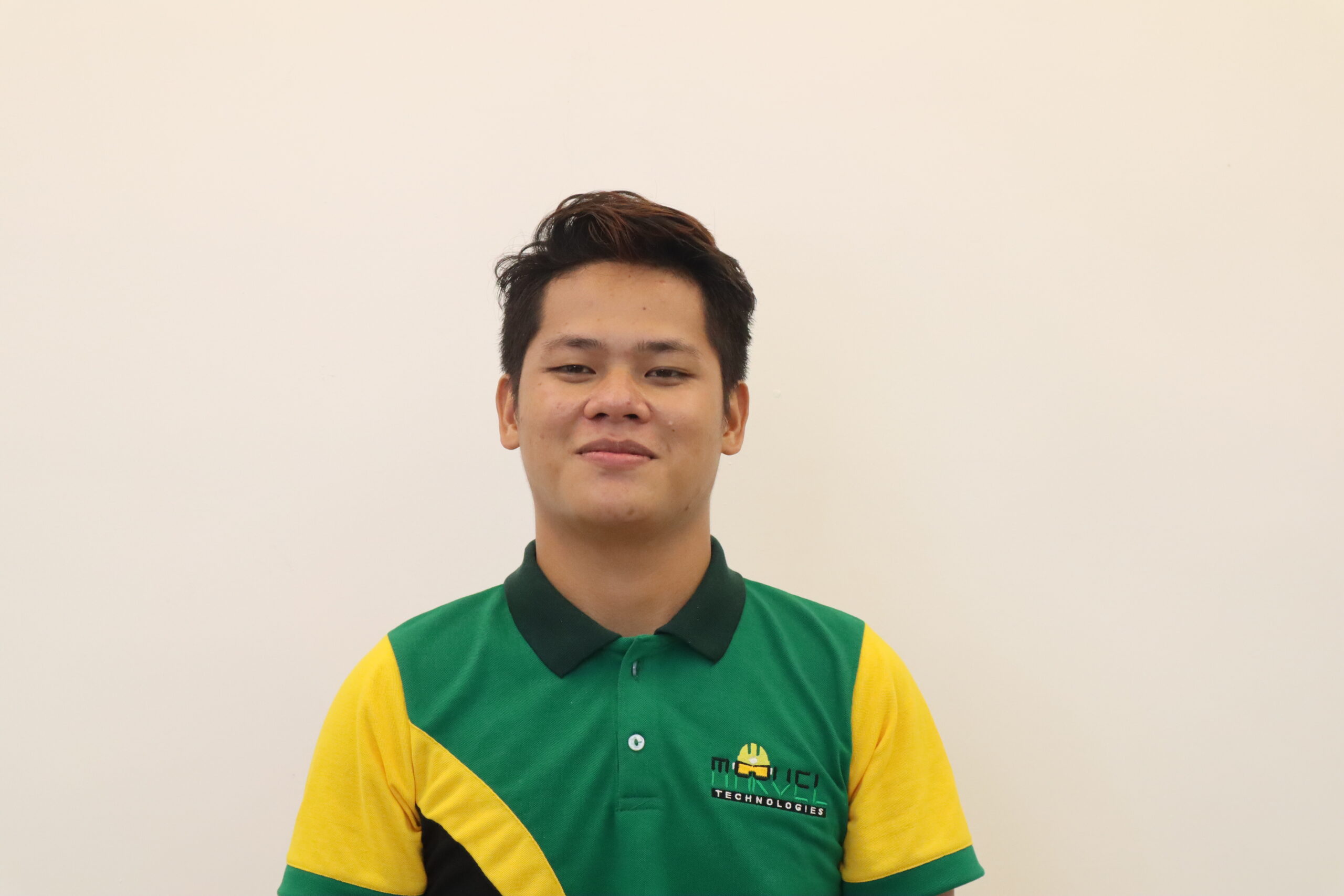
Jayson C. Dollete
Faculty Researcher
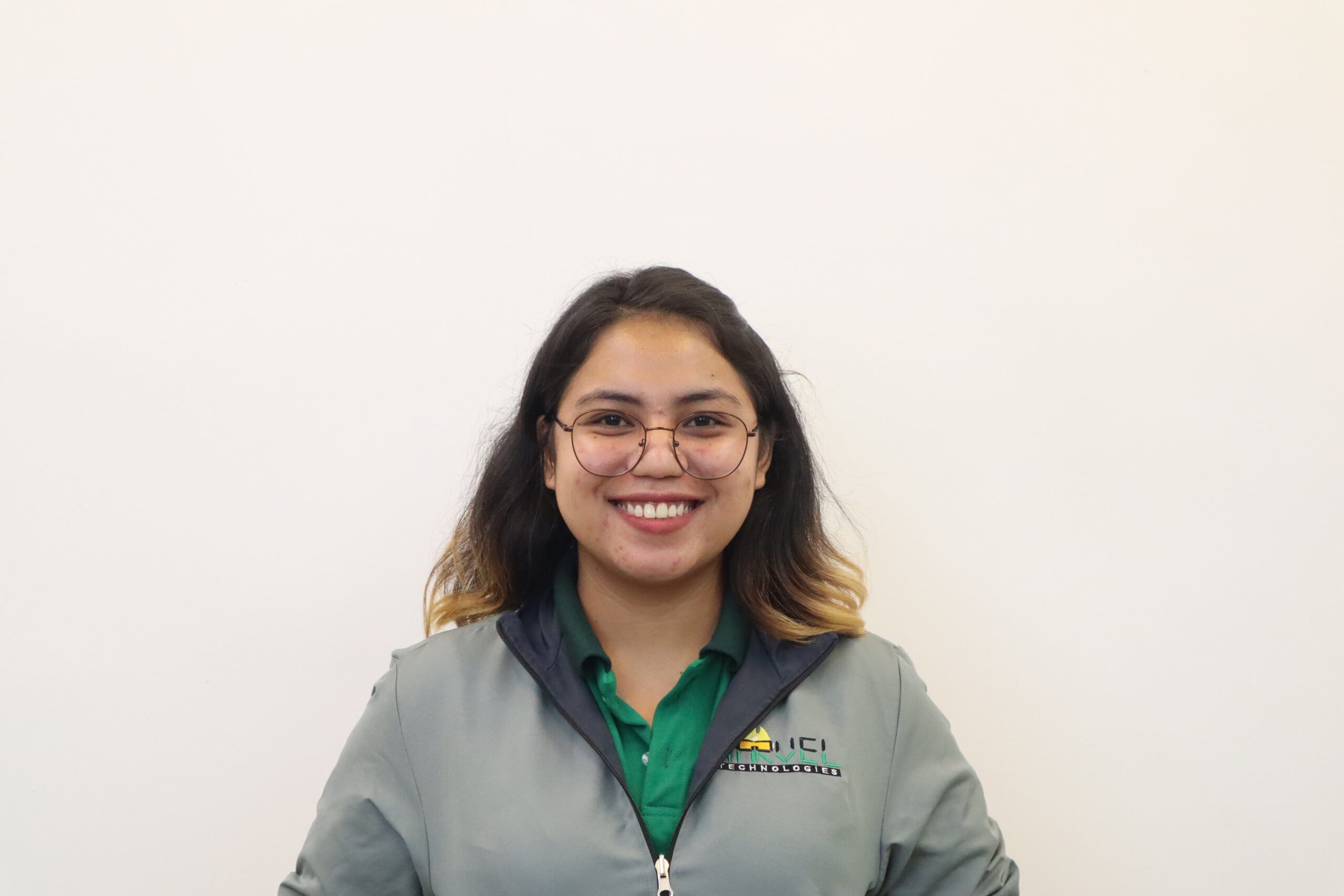
Eunessa Mae T. Alob
Project Technical Assistant

Julius A. Azarcon III
Project Technical Aide

Kimberly R. Buna
Project Development Officer
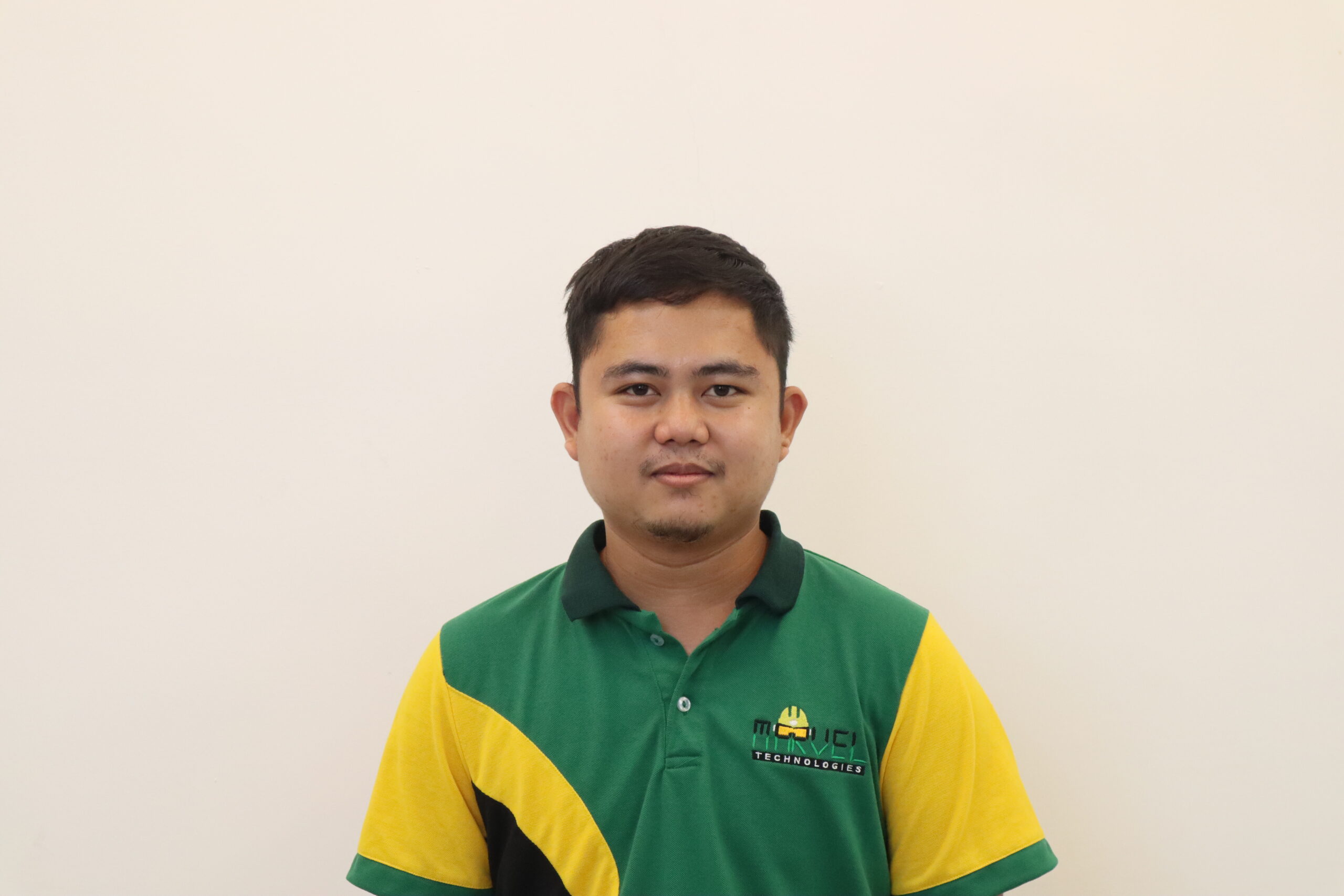
Kent T. Espejon
Project Technical Specialist

Kier Patrick A. Empang
Project Technical Assistant
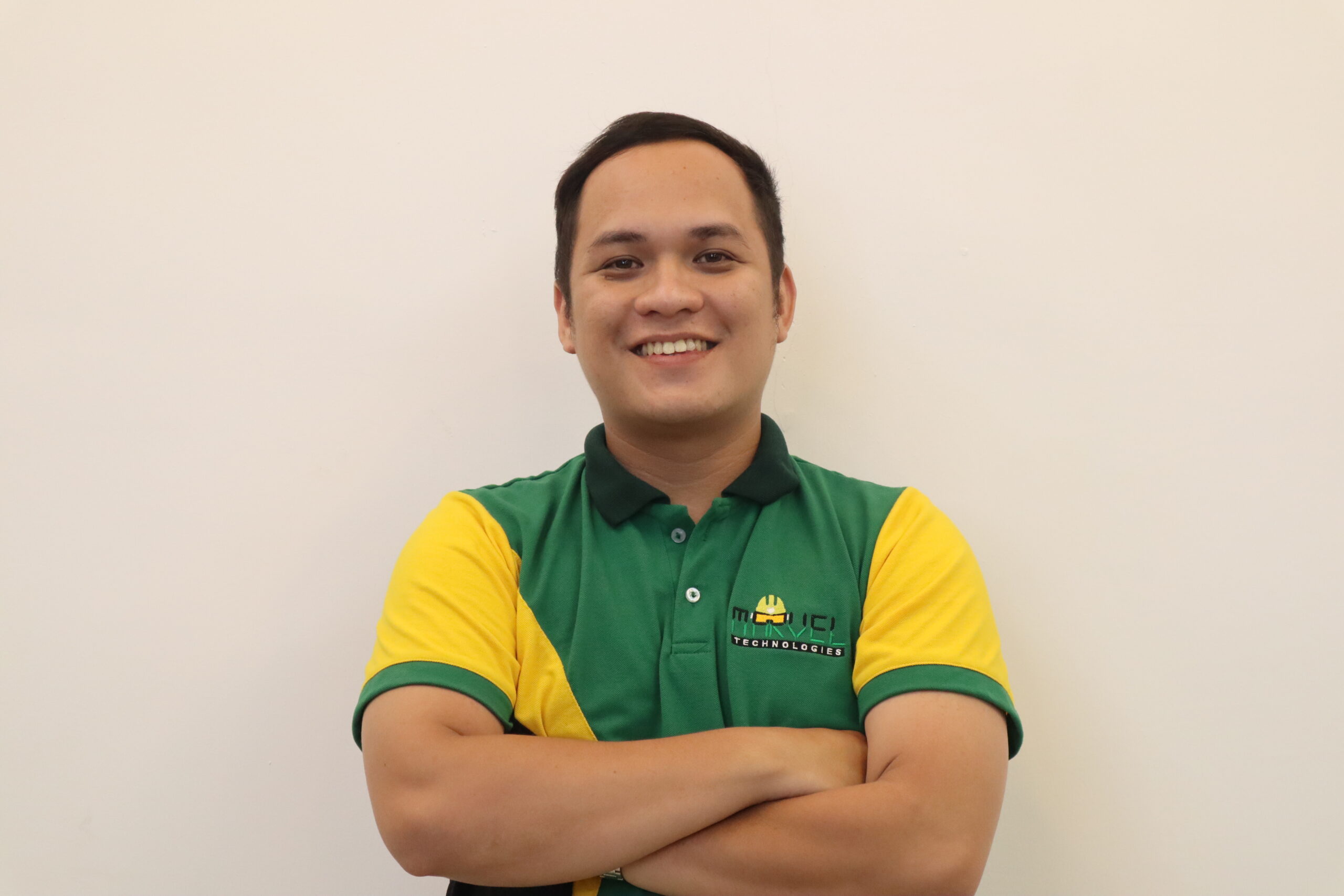
Clifford T. Eco
Project Technical Assistant
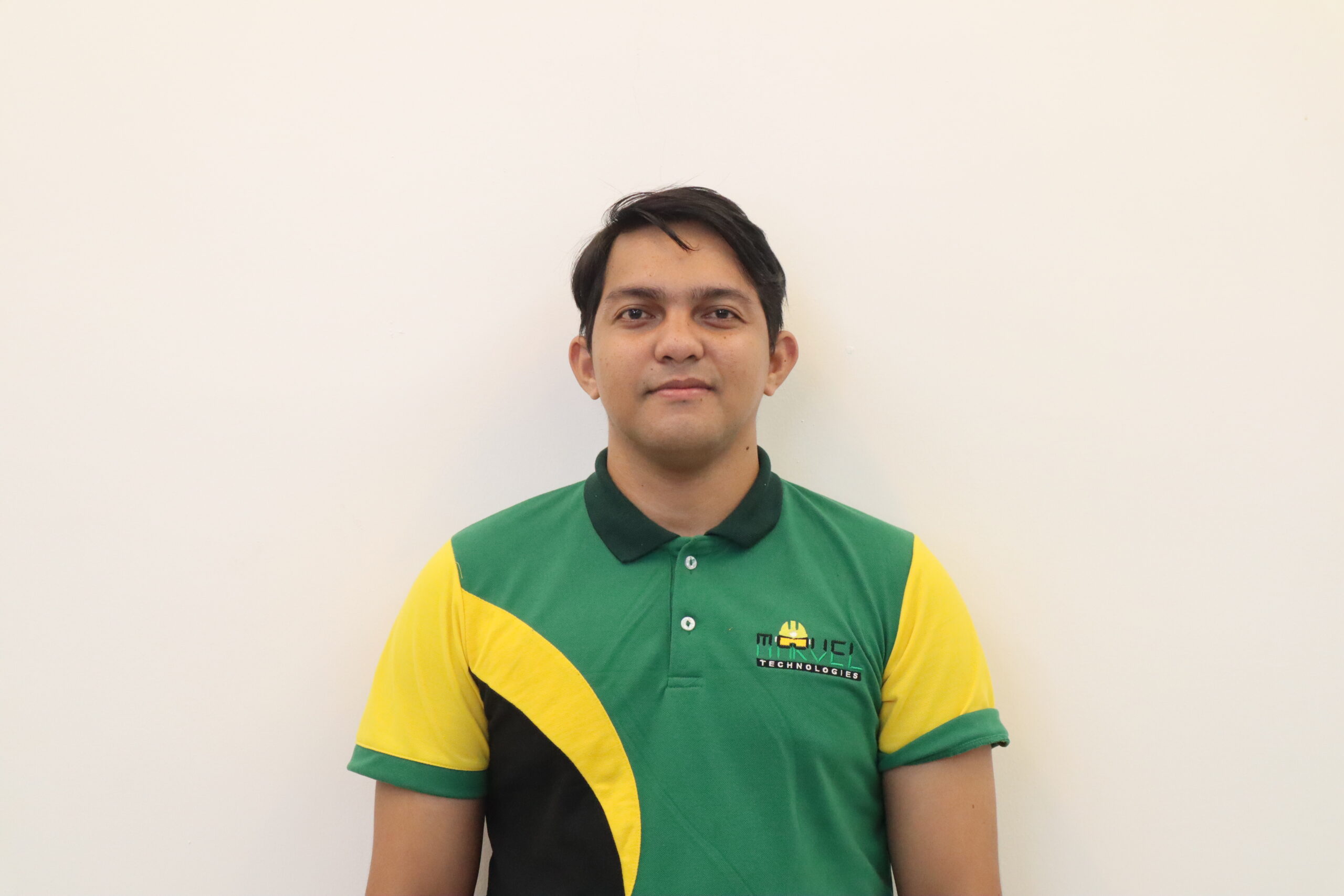
Arnel A. Rosillo
Project Technical Assistant
Maps and Directions
Address:
2nd Flr. Mechatronics Building, Caraga State University, Ampayon 8600 Butuan City, Philippines
Contact Us
We interact in the modern world.
Learn More From
Frequently Asked Questions
It is located at the 2nd floor, Hiraya Building, Caraga State University
The Center for Human-Computer Interaction(CHCI) at Caraga State University is a University wide research center that addresses the foundation of human computer interaction technology applied to learning environments, social and rural contexts. It is a multidisciplinary endeavor from human sciences, computational, engineering and information technologies.
It fosters research and development in the area of artificial intelligence, augmented reality and other HCIs related fields of organization.
CHCI was founded in 2018.
Mining Augmented Reality and Virtual E-Learning Technologies.
The Farm-to-Market Road Impact Assessment (FaMRIA) Project is a collaboration between Caraga State University (CSU) and the Department of Agriculture- Bureau of Agricultural and Fisheries Engineering (DA-BAFE).


